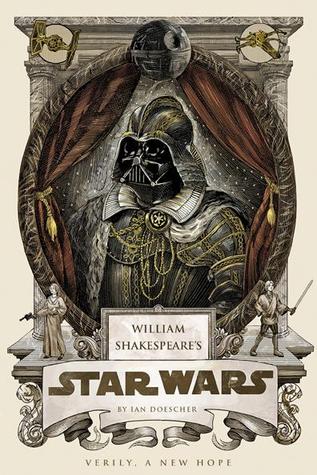Netgalley, y u never approve me on Miéville titles? Maybe if you had approved me for Dial H, Vol. 1: Into You, I wouldn’t be months down the road after twice unsuccessfully requesting this from the library, unsuccessful because they blew up my local library branch, and it’s sometimes tough to get down to Central. (See also: The Shining Girls, which just got sent back because I didn’t make it in time. Sob.) Anyway, once something turns into an epic quest, I’m half-expecting the payoff to blow my circuits, which this, alas, did not.
I’m not saying I didn’t like it, just that it’s all over the place and uneven. In that, it reminds me a little bit of the first of the Sandman collections, The Sandman, Vol. 1: Preludes and Nocturnes, which spent a fair amount of time sorting out how Morpheus of Gaiman’s work was related to the Sandman of the 30s serial and hat-tipping a bunch of DC properties like John Dee and John Constantine. (Everyone to be named John, I see.) Which is one of the reasons I find comics so fucking frustrating: all these connections and referents, this huge world spanning decades with re-starts and blind alleys everywhere. How can the casual reader be expected to get into this sprawling inside joke at all? It’s very rewarding, of course, if you know all that stuff. So a little like the Western Canon, but, like, with more pictures and spandex.
Some of my bitching being the point, undoubtedly, of Dial H, which takes a playful tone in regards to the powers of superheros and the like. Overweight, unemployed slob Nelson Jent is being returned home by a friend after a heart attack when he and his friend argue about his general lack of care towards his life and person. The friend takes off; Nelse follows to apologize; the friend is beset by knee-cappers. When Nelse goes to call the police in an old timey phone booth, he instead is transformed into Boy Chimney and saves the day, transporting his friend to the hospital. There’s a plot involving a bunch of people who didn’t make any sense to me, but it turns out any time Nelson dials H-E-R-O on the sketchy phone, he turns into a different comic hero, characters like Captain Lachrymose and Chief Mighty Arrow.
After a fair amount of confusion on my part in the beginning – who are these people, and how are they related? whatever, moving on – the plot shapes into your usual origin story with your usual surprises and the like. Maybe I’m being jaded, because maybe the usual reversals aren’t nearly as usual as I expect, superhero comics being the last refuge of the lame, heteronormative boyfest. Making the ersatz hero a big, bumbling bumblefuck maybe is a pointed commentary about the self-insert or something. I felt stronger about the reveal of Maneau’s true identity, because who she is a stranger animal to find in superhero comics, except as a wise aphorist. She’s still sometimes a wise aphorist though, straight up. Nelson has some real identity problems with his swirling changes into the myriad of oddball supes, and Manteau’s covering of her supe-identity with yet another mask was honestly a cool choice. There’s a baddie who has a typically Miévillain (get it? GET IT??) esoteric weirdness, and I dug the head-spin thinking about nothing fighting nothing.
Later, when things begin to make more sense, and Nelse is kicking it sidekick style with Manteau, Dial H gets into some pointed criticisms of the racism and sexism that often punctuates superhero comics. Nelse turns into a hugely war-bonneted Indian chief, and Manteau is like, you are NOT leaving the house like that. Then the Hi-Yo-Silver-like horse eats her yard. Dang you, horse! I dug that immensely. The last episode has that what-the-fuck-is-happening vibe with a shift to an ancient Mesopotamish locale and a cuneiform dialer that was cute, but also began to deepen the mystery of how the dialers work, and what kind of universe(s) we’re living in.
So, like Sandman, it’s possible this uneven plot will settle down into something truly game-changing, but for the moment, things seem a little…rote is the wrong word, but something like that. Comics are about mid-season payoff, once they’ve found their legs and start really messing around in earnest. Origin stories are necessary, I guess, but they feel, to me, like placeholders until the writers can finally get something done. And I wrote myself out of this observation, but I’m not sure that the comic format plays to Miéville’s strengths as a writer, as he tends to go in for verbose, profane sidebars, and, frankly, his abilities in the punchy humor department are lacking. So I’ll check out volume two, for sure, but I’m not overwowed at the moment.





